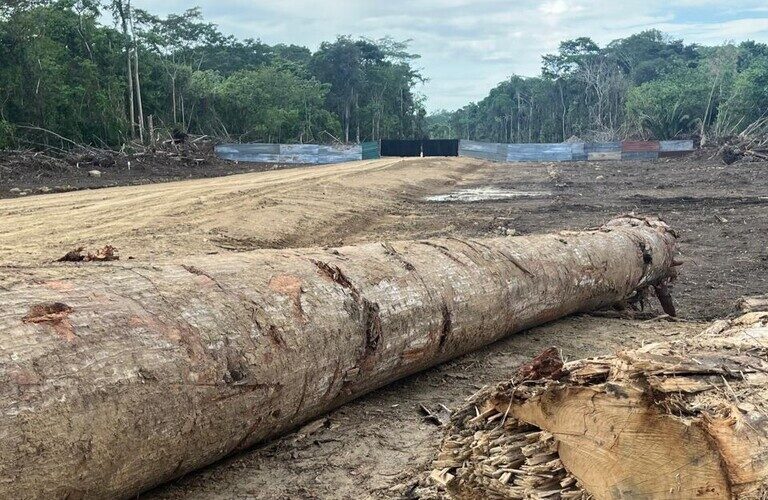METETÍ, Panama — Thousands of people used to cross the Darién Gap every day. Emerging from the rainforest, they would stop in small towns across southern Panama, where migrant reception centers provided food, water and medical treatment, before the long journey to the U.S. But last year, the government shut down several crossing routes, leaving many of these small towns quieter than they have been in years. The government’s crackdown on migration is part of a broader effort to regain control over Darién, a remote province where the rugged, nearly impenetrable jungle provides cover not only for migrants but also drug traffickers, illegal loggers, miners and cattle ranchers. The effort, which began when President José Mulino took office last July, has seen increased funding, a wave of new hires in protected areas, tighter oversight, and more public comments from officials about the importance of conservation. The new policies could help curb deforestation, reduce pollution and protect threatened species in one of Central America’s largest rainforests — even as officials disagree over where to focus their efforts. “We’re aware that if we don’t conserve, we’ll affect this generation and the next, and that’s why we are concerned about what we have to do,” said Pablo Guainora, the general administrator of the Emberá-Wounaan comarca, or Indigenous territory, which borders Darién province. New personnel, better enforcement The Darién Gap straddles Panama’s border with Colombia, and is made up of a series of Indigenous territories, protected areas, and public and private lands, and only a…This article was originally published on Mongabay
Search
Recent Research
Want your Blog Article featured on our website?
Research
Featured News
Explaining Katsina’s Massive Leap to 2nd Position in the 2025 Climate Governance Ranking
In 2024, during the first edition of the Subnational Climate Governance Performance Rating and Ranking,
COP30: Firm to connect institutions with international climate finance opportunities
SISTME, a climate change and biodiversity conservation consulting firm based in Argentina, has offered to
From resistance to planetary governance, Indigenous women redefine global climate action
While world leaders negotiate behind closed doors in the Blue Zone of COP30, Indigenous Women
Sahara Group Foundation launches 16th Sahara Go Recycling Hub to boost environmental sustainability, economic empowerment
Sahara Group Foundation, the corporate social impact arm of Sahara Group, has commissioned its 16th
Climate finance is the lifeblood of climate action – Simon Stiell at COP30
Remarks delivered by UN Climate Change Executive Secretary, Simon Stiell, at the third High-Level Ministerial
UNDP, REA, GEF commission Plateau solar mini-grid to power agricultural value chains, empower rural communities
The United Nations Development Programme (UNDP), in partnership with the Rural Electrification Agency (REA) and
COP30: Africa urges world leaders to turn pledges into action
Africa has called on the world leaders to turn their pledges into action regarding the
Thousands join global marches calling on govts at COP30 to deliver climate justice
An estimated 30,000 people marched through the Brazilian city of Belém on Saturday, November 15,


